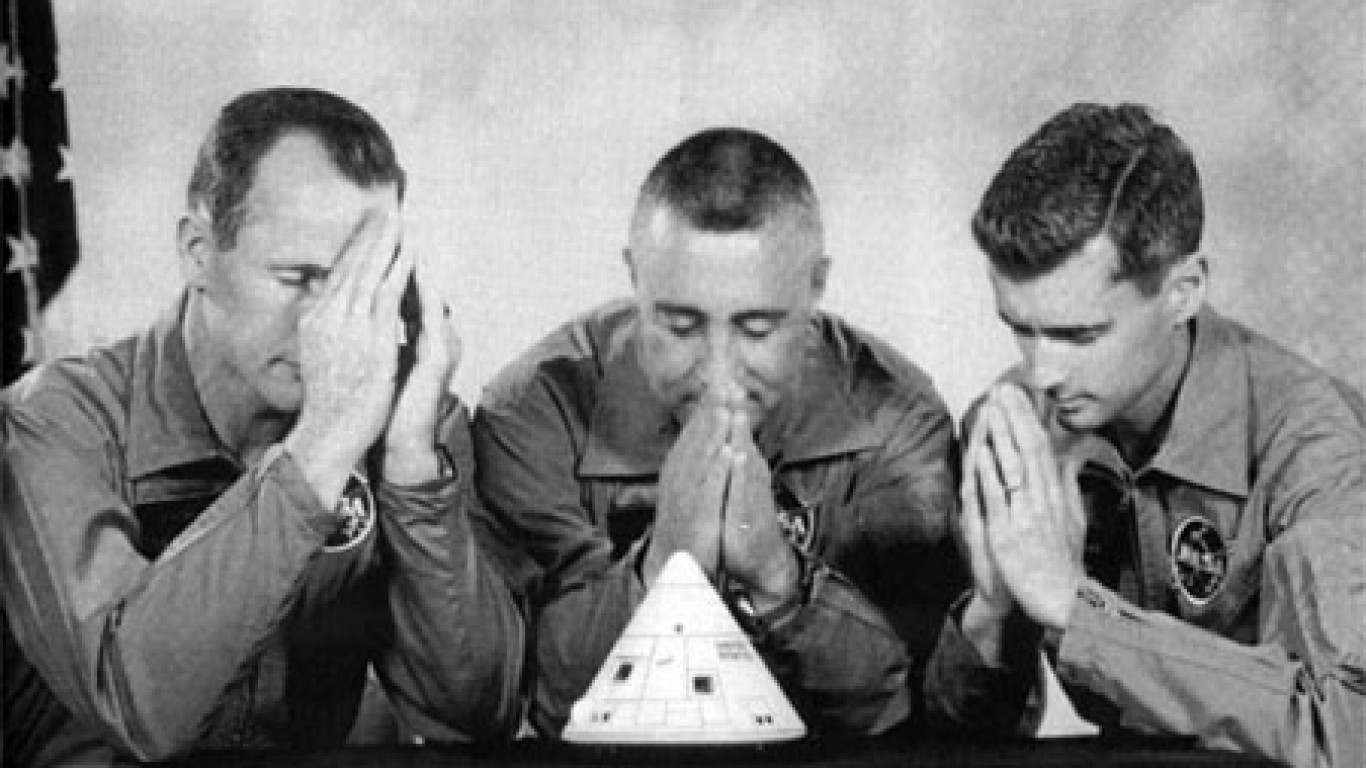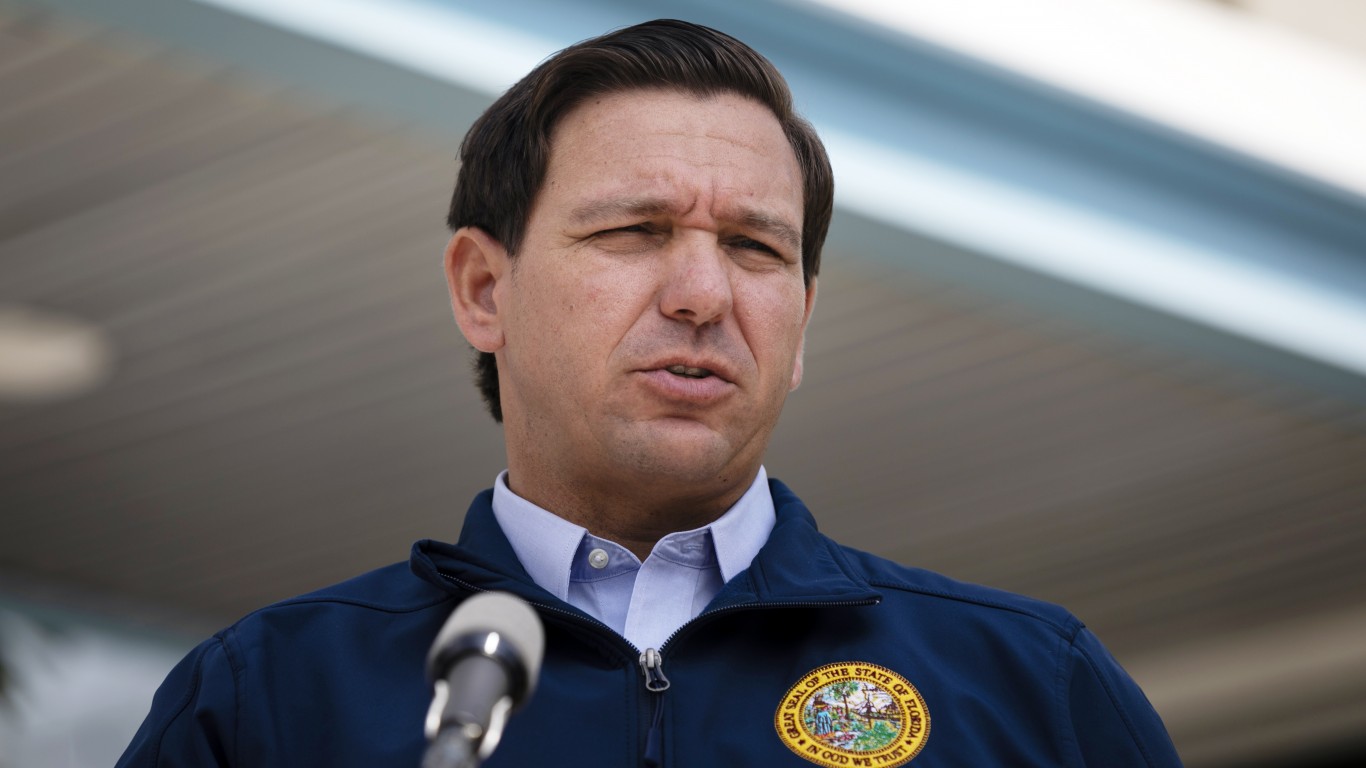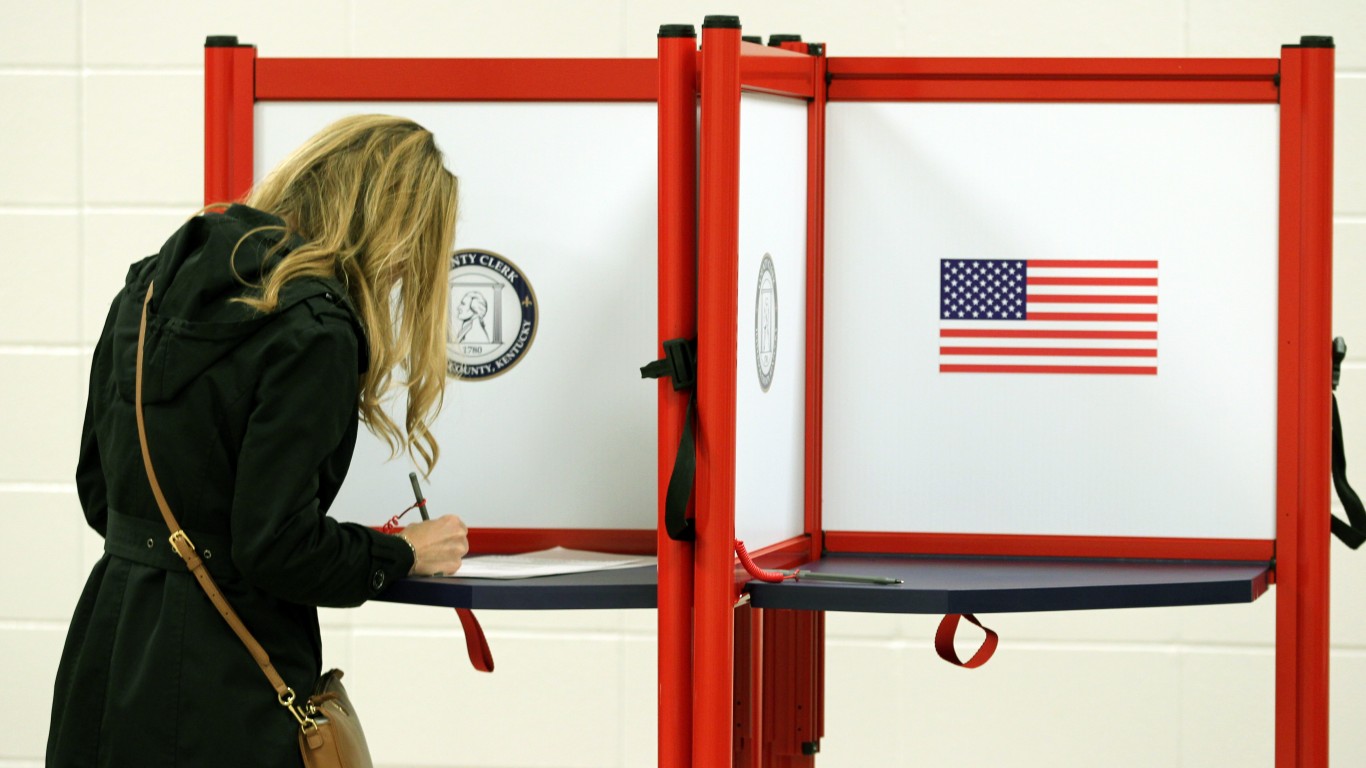
This post may contain links from our sponsors and affiliates, and Flywheel Publishing may receive
compensation for actions taken through them.
Traveling to and through space is dangerous. NASA’s new Space Launch System rocket, the most powerful the agency ever made, produces a maximum of 8.8 million pounds of thrust. It accelerates at more than 17,500 miles per hour as it reaches low-Earth orbit. Even the most miniscule mistake could kill everyone on board. The first of NASA’s deadly disasters was also one of NASA’s worst.
The Apollo program was created to fulfill President John Kenney’s promise made on June 25, 1961, to put a man on the moon before the end of the decade. But even before the first flight, three astronauts were killed in a tragedy that set the American space program back by months. (See incredible NASA photos of other planets.)
The first fatalities for NASA occurred on Jan. 27, 1967. Astronauts Virgil Grissom, Edward White, and Roger Chaffee, the first crew members of the Apollo program, were killed after a fire engulfed their command module during a launch rehearsal. A NASA review board found that a stray spark ignited the fire in the pure oxygen environment. Flammable features such as nylon netting and foam pads fueled the inferno. To make matters worse, pressure inside the spacecraft sealed the hatch door and the astronauts could not open it. (Here are the largest spacecrafts to crash back to Earth.)
The Apollo program was designed to take astronauts to the moon for orbital and landing missions. Following the fire, it took more than 18 months of delays and redesigns before NASA astronauts returned to space.
See 24/7 Wall St.’s list of 20 of the worst disasters in space flight history.
The Average American Is Losing Their Savings Every Day (Sponsor)
If you’re like many Americans and keep your money ‘safe’ in a checking or savings account, think again. The average yield on a savings account is a paltry .4% today, and inflation is much higher. Checking accounts are even worse.
Every day you don’t move to a high-yield savings account that beats inflation, you lose more and more value.
But there is good news. To win qualified customers, some accounts are paying 9-10x this national average. That’s an incredible way to keep your money safe, and get paid at the same time. Our top pick for high yield savings accounts includes other one time cash bonuses, and is FDIC insured.
Click here to see how much more you could be earning on your savings today. It takes just a few minutes and your money could be working for you.
Thank you for reading! Have some feedback for us?
Contact the 24/7 Wall St. editorial team.



